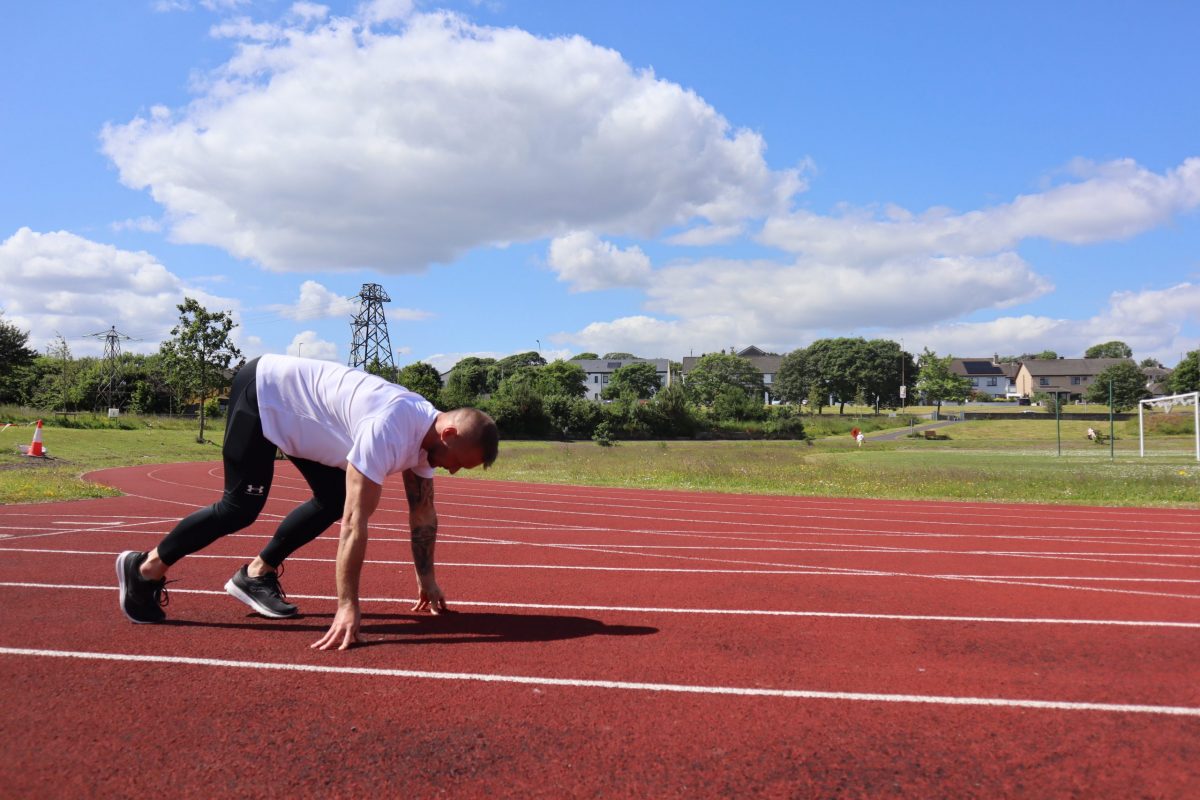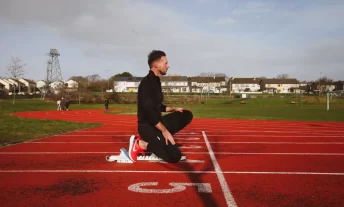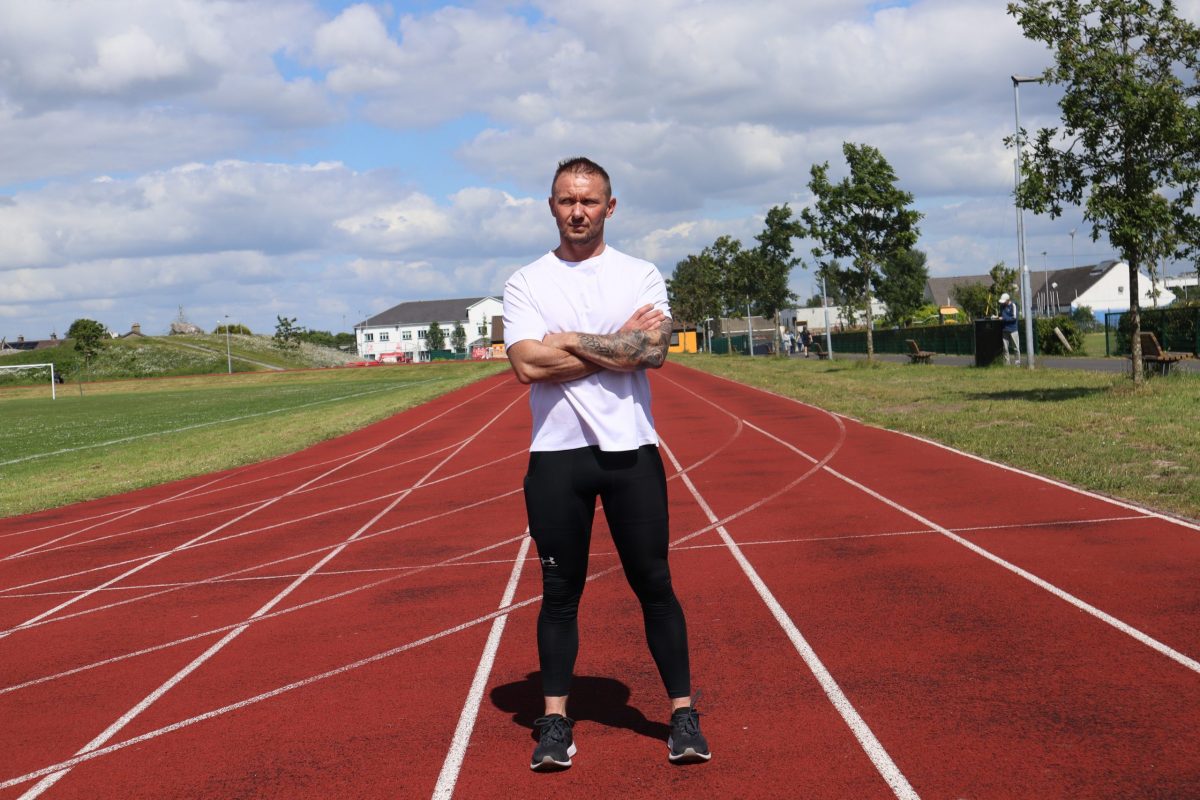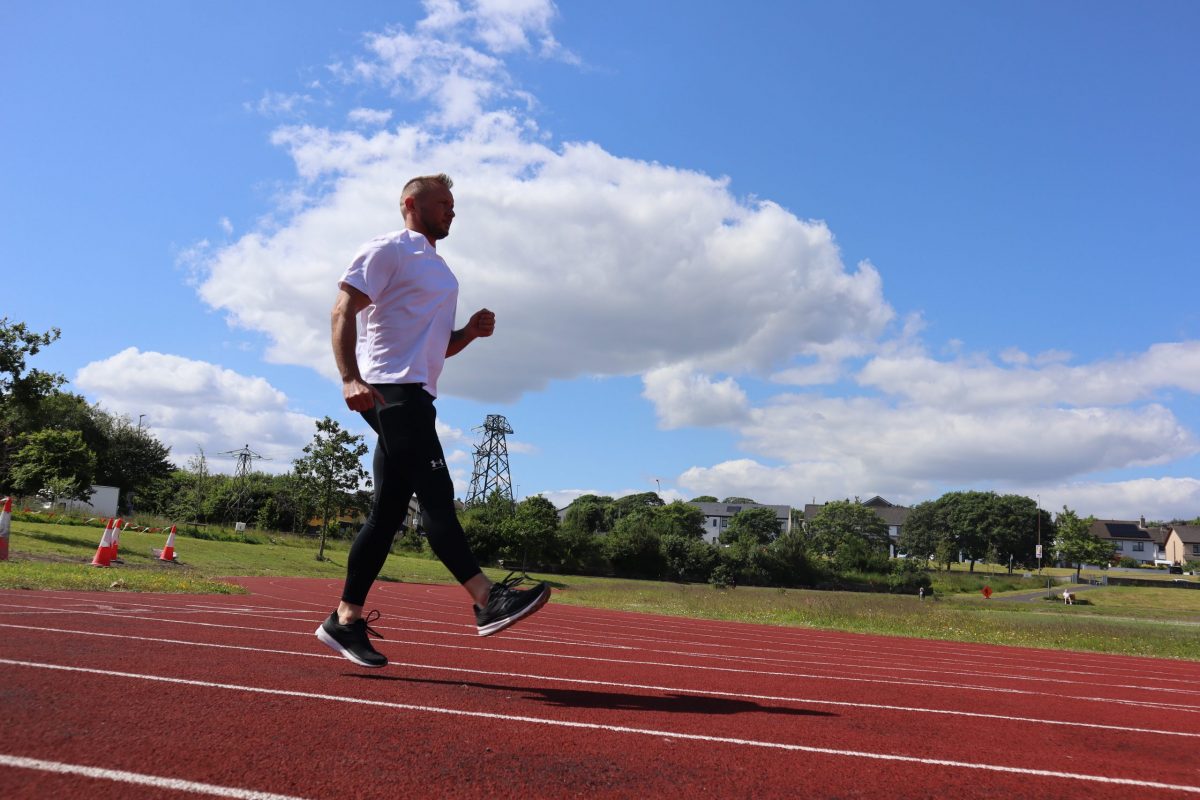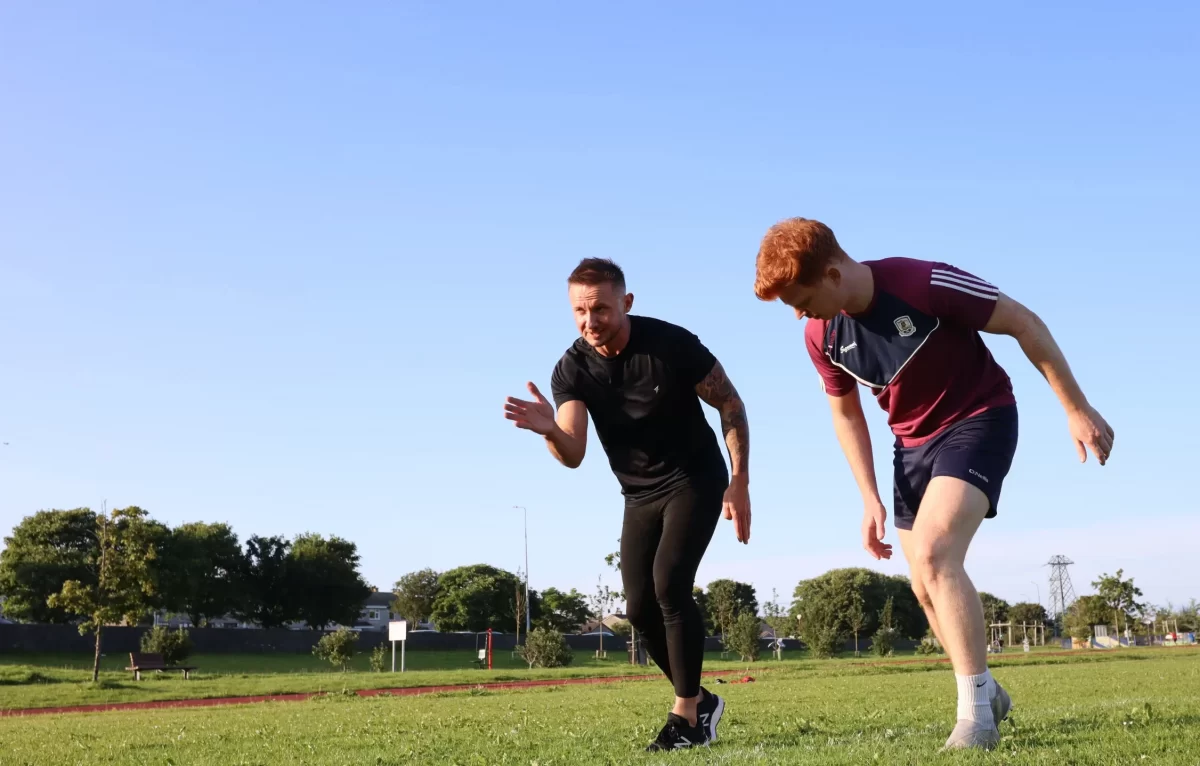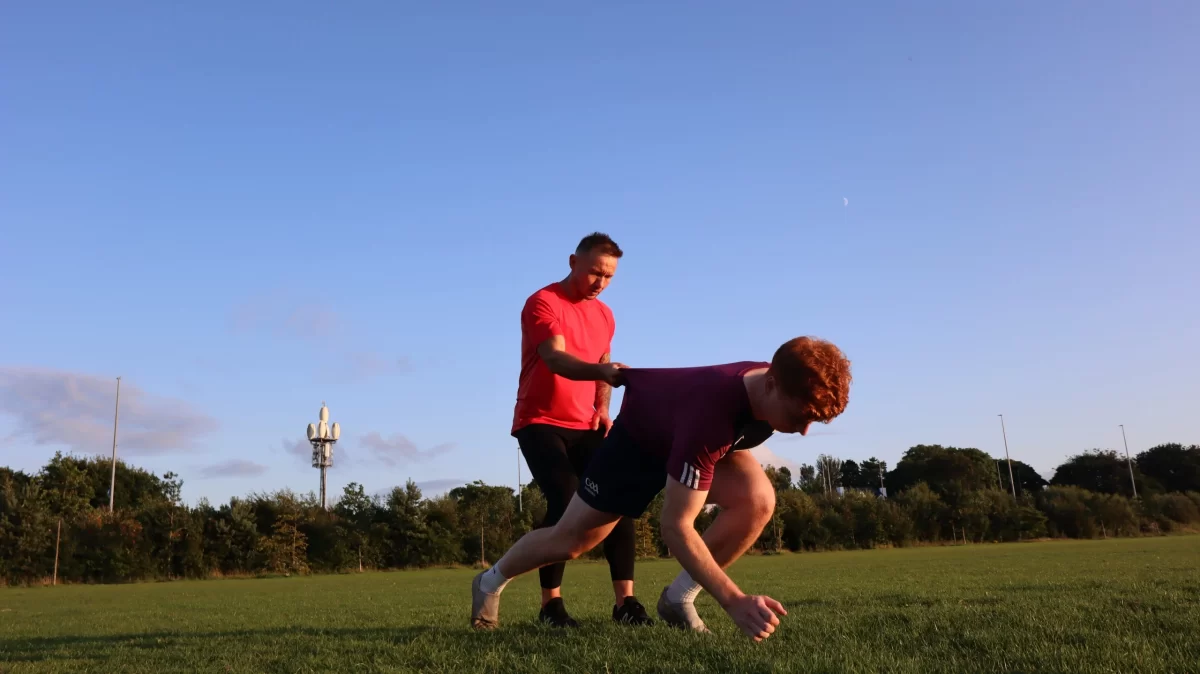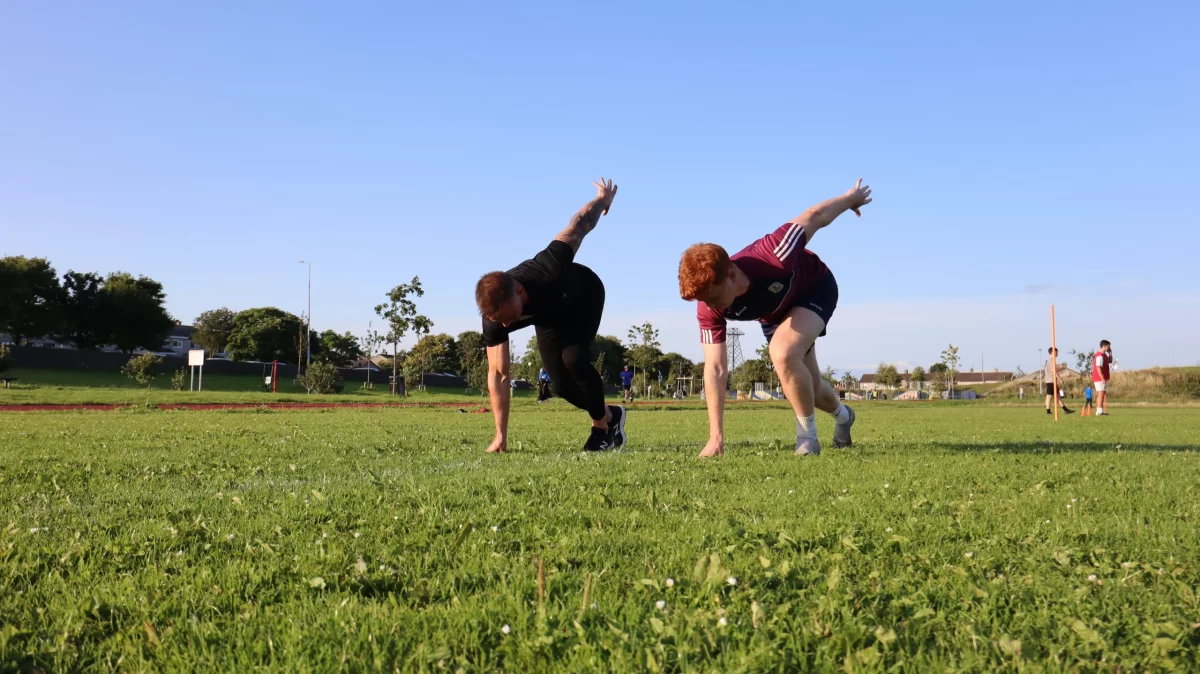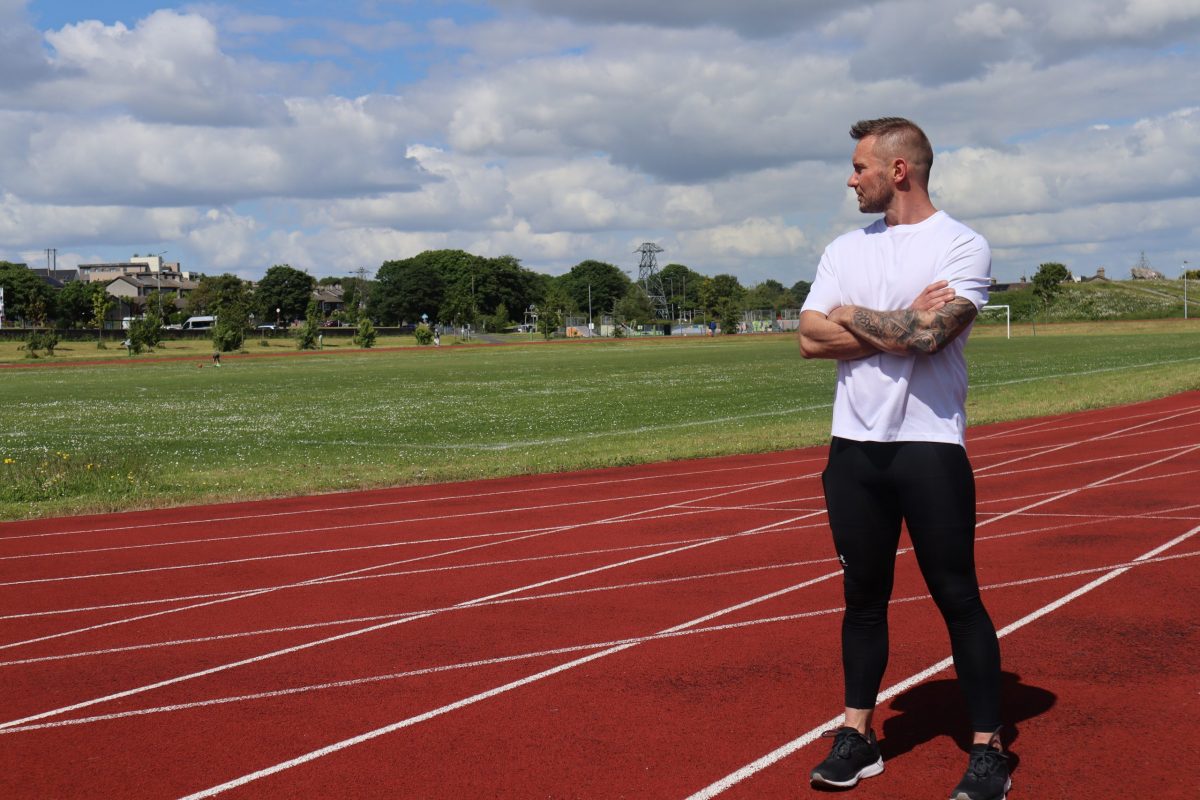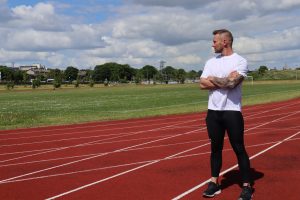Running doesn’t have to mean boring laps or uninspired routes. In Ireland, we’re lucky to have some of the most scenic training grounds in the world, right next to beaches, GAA pitches, forests, and even castles.
If you want to improve your fitness, prepare for a race, or just get moving again before summer, why not choose locations that motivate you to keep going?
Here are 10 of the best running tracks and scenic training spots around Ireland, plus two fantastic options in Galway, that prove running can be as enjoyable as it is effective.
🏃♂️ 1. Westside Running Track, Galway
A well-kept 400m synthetic track, perfect for sprinters, middle-distance runners, or anyone starting their 5K journey. Close to Westside Park and not far from the coast, it’s ideal for warm-ups or longer road loops nearby.
🌳 2. Barna Woods Trail, Galway
This forested area near Silverstrand Beach offers shaded, natural trails for relaxed runs or intervals. Perfect for families, enjoy a post-run walk with the kids or cool down at the beach.
🏖️ 3. Sandymount Strand, Dublin
Flat and open with a sea breeze, Sandymount offers peaceful runs along the water. Close to local GAA pitches and great for barefoot strides on hard-packed sand.
🏰 4. Phoenix Park Track, Dublin
Within Europe’s largest city park, the running track offers a base for sessions surrounded by nature, deer, and historical buildings. Great for post-run walks and picnics.
🏟️ 5. Páirc Uí Chaoimh Boardwalk, Cork
Next to Cork GAA stadium, this riverside boardwalk offers urban scenery with fresh air. Combine track work with longer tempo runs along the River Lee.
🌲 6. Donadea Forest Park, Kildare
This 5K loop in the forest is great for quiet runs, surrounded by trees, lakes, and castle ruins. Ideal for weekend runs and family outings.
🏖️ 7. Inch Beach, Kerry
Hard, flat sand and dramatic coastal scenery make this one of Ireland’s best beach runs. Mix sprints and long runs while soaking in the views.
🏃♀️ 8. St. Anne’s Park Track, Dublin
Located near the coast, this park features a dedicated running loop, open fields, and a GAA pitch nearby. Perfect for intervals or easy miles with beautiful surroundings.
🏞️ 9. Lough Key Forest Park Track, Roscommon
Run through woodlands, past lakes and Castle Island. A calm, scenic track area is available near the car park, and you can combine your session with longer trail loops.
🏖️ 10. Portmarnock Beach & Coastal Walk, Dublin
Not a formal track, but a favourite for runners. Hard sand, sea air, and nearby green spaces make it perfect for varied sessions and casual family strolls after your run.
Running That Feels Like a Mini Escape
The best training environments are the ones you look forward to. Running near beaches, GAA fields, or in forests keeps you motivated, reduces stress, and reminds you that fitness is about more than just numbers, it’s about living well. So why not combine your session with a scenic spot? Bring the kids, meet a friend for coffee after, or enjoy a quiet walk post-run.
In addition to forests and seaside locations, Ireland offers a wide range of alternative running environments that are perfect for all types of training, from structured track workouts to casual jogs. Here are other great types of running tracks and environments
🏟️ Athletics Tracks (Synthetic/ Standardised Running Tracks)
Ideal for structured training, intervals, sprints, and speed development.
Examples:
TUS Athlone Regional Sports Centre, Westmeath – One of the best indoor tracks in the country.
Morton Stadium, Santry (Dublin) – Ireland’s national athletics stadium, perfect for elite and club runners.
Waterford Regional Sports Centre, Waterford – 400m track with public access and coaching facilities.
UCD Athletics Track, Dublin – Popular among students and Dublin-based runners.
🏞️ Urban Greenways & Park Loops
Paved, flat surfaces with minimal traffic, perfect for beginners and long-distance runners.
Examples:
Royal Canal Greenway (Meath to Longford) – Over 130km of a flat path suitable for tempo runs or long runs.
Waterford Greenway – A 46km off-road trail with bridges and tunnels; popular for steady-state runs and endurance training.
Clontarf to Howth Coastal Greenway, Dublin – A flat, scenic route great for intervals, steady runs, or weekend jogs.
🏫 College & School Tracks (Publicly Accessible)
Some local schools and universities offer public access to their tracks at certain times.
Examples:
NUI Galway Track – Ideal for structured sessions if you’re in Galway.
UL Arena Track, Limerick – Home to many elite runners and very well-maintained.
🏘️ Local GAA Pitches with Marked Loops
Great for softer grass running, agility drills, and practicing match fitness for Gaelic sports players.
Examples:
Most GAA clubs around Ireland have loops marked around pitches. Notable ones include:
Pearse Stadium, Galway (access during non-match hours)
Parnell Park, Dublin (with nearby running routes)
🏙️ Urban Parks with Flat Tarmac Paths
These provide an easy-entry point for casual runners or beginners looking to start a couch-to-5K.
Examples:
Ready to Train Smarter, Not Just Harder?
Whether you’re preparing for a 5K, working on your speed for the GAA pitch, or aiming to run your first 10K, having the right training plan and support makes all the difference.
💪 Jason Cafferkey is Ireland’s expert in speed development and running coaching, helping runners of all levels build pace, endurance, and confidence, while keeping it enjoyable.
✅ Personalised coaching
✅ Track or trail plans for all levels
✅ Online or in-person support
✅ Sprint and endurance training
✅ Motivation and guidance that works
Keywords: best running tracks Ireland, scenic running routes Ireland, track running Galway, beach jogging Ireland, Ireland couch to 5K, forest running tracks Ireland, sprint training Ireland, family running locations, running near GAA pitches
Hashtags:
#RunIreland #GalwayRunning #JCfitness #TrackAndTrail #RunningCoachIreland #SprintTraining #CouchTo5K #FamilyRuns #TrainWithJason #BeachToTrack
